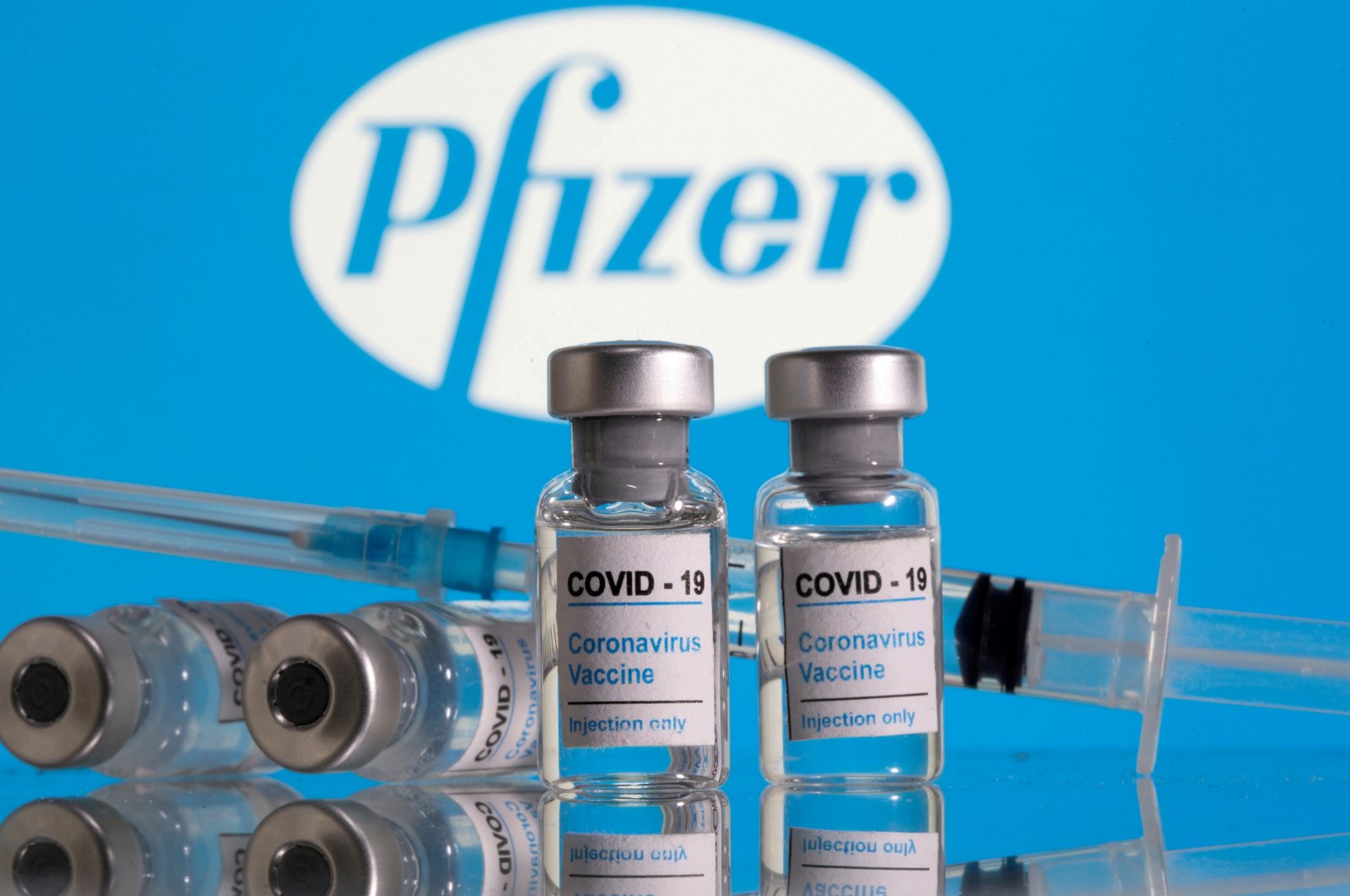
A study conducted at the Africa Health Research Institute in South Africa has provided the first indication of the efficacy of existing coronavirus vaccines against the recently discovered variant omicron. The initial studies have shown that the ability of the variant to evade vaccine and infection-induced immunity is "robust but not complete,” according to a report by Bloomberg.
Researchers have found that although the new strain can partially evade the immunity provided by the Pfizer-BioNTech vaccine, the booster shot could provide additional protection, Alex Sigal, head of the South African lab, said in an online presentation Tuesday.
Globally 450 researchers have been working to learn more about omicron since South Africa identified it on Nov. 25, World Health Organization (WHO) said.
Earlier the WHO had warned that the omicron "has an unprecedented number of spike mutations, some of which are concerning for their potential impact on the trajectory of the pandemic. The overall global risk related to the new variant of concern, omicron, is assessed as very high."
According to Bloomberg, Sigal's lab tested the blood plasma of vaccinated people to determine the concentration of antibodies needed to block the virus. The results of the studies that are underway will help researchers ascertain if the current vaccines need to be altered to be effective against the new variant.
Because of fears that the new variant has the potential to be more resistant to the protection offered by vaccines, there are growing concerns around the world that the pandemic and associated lockdown restrictions will persist for far longer than hoped.
Nearly two years since the start of the pandemic that has claimed more than 5 million lives around the world, countries are on high alert. Many have already imposed travel restrictions on flights from southern Africa as they seek to buy time to assess whether the omicron variant is more transmissible than the current dominant delta variant.
